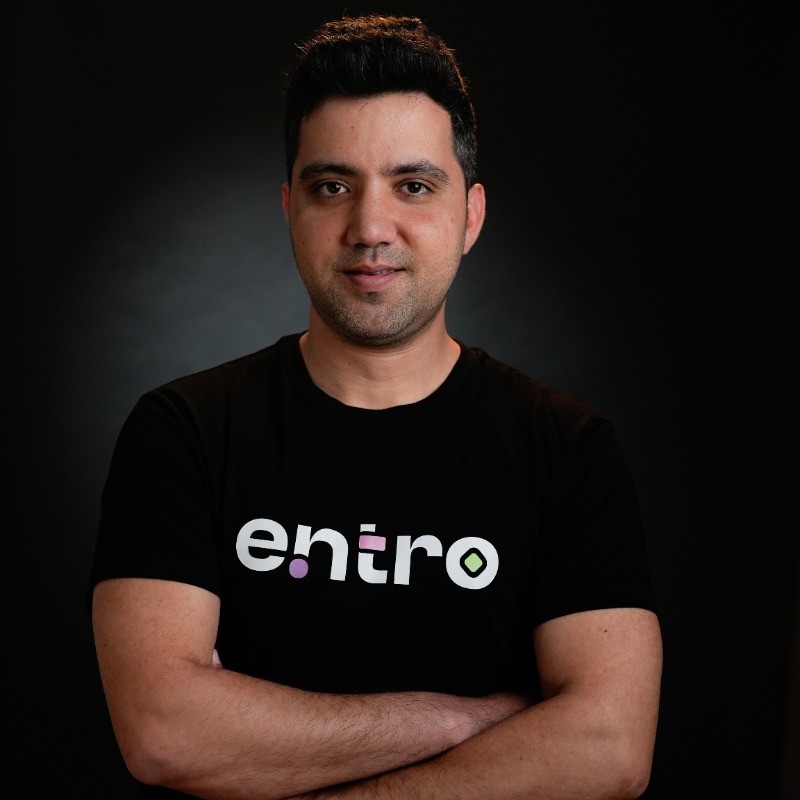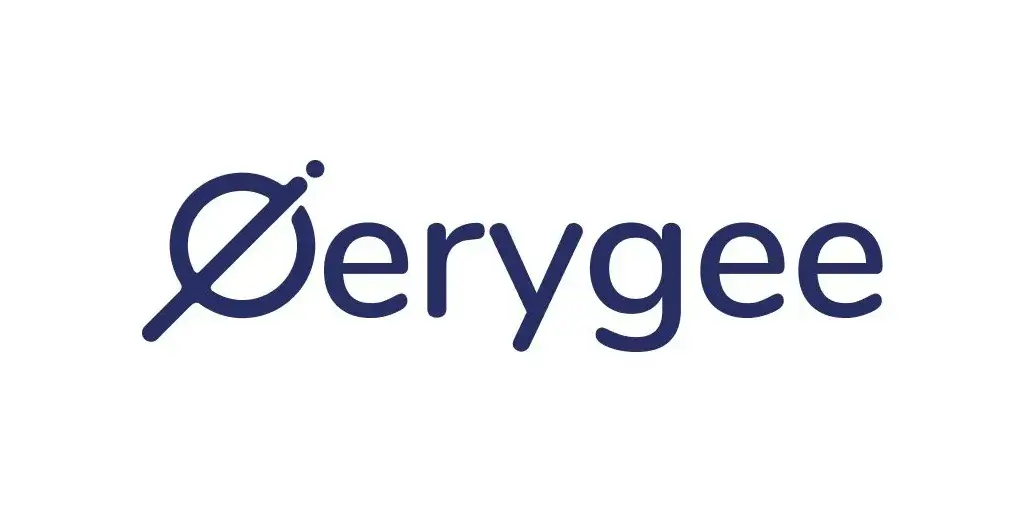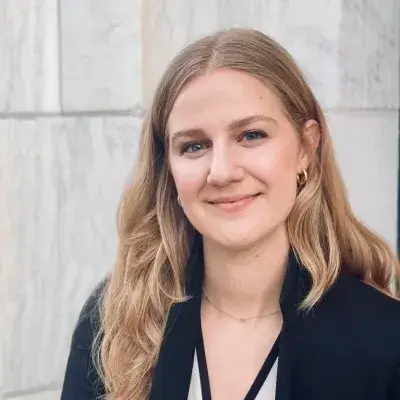Ready to launch your own podcast? Book a strategy call.
Frontlines.io | Where B2B Founders Talk GTM.
Strategic Communications Advisory For Visionary Founders
Conversation
Highlights
Thank you for the detailed guidelines and example. Based on the podcast transcript, I’ll write a long-form article focusing on Ayal’s GTM journey and category creation strategy, incorporating the Animalz writing principles.
Creating Infrastructure’s Next Category: How Anjuna’s Founder is Redefining Cloud Security
Most founders dream of creating a new category. Few succeed. Even fewer manage to create one that fundamentally changes how enterprises approach infrastructure security. But in a recent episode of Category Visionaries, Anjuna CEO Ayal Yogev shared how his company is doing exactly that by taking an unconventional approach: selling security through the CIO’s office.
“What was surprising to me is that we end up talking to the CIO or the infrastructure team and not necessarily to the security team,” Ayal explains. This counterintuitive go-to-market strategy has enabled Anjuna to quadruple revenue annually while closing deals with major banks in just six months – lightning fast for enterprise sales cycles.
The secret? Rather than positioning confidential computing as another security tool, Anjuna frames it as an infrastructure enabler that unlocks new possibilities. As Ayal notes, “Security is an enabler. If you build security the right way, then you can do things that you just couldn’t do before.”
This positioning stems from Ayal’s realization that traditional security approaches merely treat symptoms rather than the root cause. “When you kind of peel the layers of the onion of 80% of security problems, you get to that same root cause, which is once somebody gets access to your infrastructure, it’s game over.”
But building a new category isn’t just about having revolutionary technology. It requires carefully orchestrating market education and validation. Ayal describes the delicate balance required: “There’s sort of like a chicken and egg type of saying because they’re not going to talk to you or take you seriously until they hear enough about it from customers. But then there’s some customers who are not going to buy or talk to you unless they hear about it from Gartner and Forrester.”
Anjuna’s approach to this challenge has been to leverage industry tailwinds. “When Microsoft is talking about this and Amazon is talking about this and Google Cloud is talking about this and Intel and AMD and Nvidia, it all essentially helps us because customers are looking for way to leverage this.”
This strategy creates unique sales challenges. Unlike selling into existing categories with predetermined budgets, Anjuna must convince enterprises to create entirely new budget lines. “If you’re doing something slightly better, faster, cheaper, then you kind of walk in and there’s a budget aligned,” Ayal explains. “But for usually we walk in and there’s no budget allocated for confidential computing. We have to kind of go and convince people say that there’s this new thing, but it is going to make everything easier for you.”
The parallels to VMware’s early days aren’t lost on Ayal. “VMware is a great example… I’m seeing a lot of similarities, kind of what we’re going through and what VMware went through in their early days.” Just as VMware made virtualization accessible and eventually ubiquitous, Anjuna aims to do the same for confidential computing.
This vision requires maintaining a delicate balance between technical innovation and market education. Ayal notes they have “let’s say two years lead on the technology side” but emphasizes that “a lot of it now is about go-to-market execution.”
The goal isn’t just widespread adoption – it’s becoming the de facto standard for confidential computing. As Ayal puts it, “Anybody that wants to use confidential computing knows that Anjuna is the platform to go do that. That’s the best way to leverage this new category.”
For technical founders considering category creation, Ayal’s experience offers a crucial lesson: sometimes the path to success means selling to unexpected buyers and positioning revolutionary technology in evolutionary terms. It’s not just about building something new – it’s about making that innovation accessible and valuable to enterprises in ways they can understand and embrace.
Through this strategic approach to category creation, Anjuna isn’t just building a company – they’re reshaping how enterprises think about infrastructure security. For founders looking to create their own categories, that might be the most valuable lesson of all.
Actionable
Takeaways
Solve for the Root Problem, Not the Symptoms:
Ayal frames confidential computing as a fundamental solution to the core problem of data security - that once an attacker gains root access to infrastructure, it's game over. Rather than applying band-aid solutions, Anjuna tackles the issue at its root. Founders should strive to deeply understand the underlying causes of customer pain and orient their solutions accordingly, even if it requires pioneering a new approach.
Ride the Wave of Paradigm Shifts:
The rise of confidential computing is not happening in isolation - it's part of a broader shift in computing architecture driven by innovations from Intel, AMD, and cloud providers. Anjuna is strategically riding this wave, positioning itself as the software layer that makes the new capabilities accessible. Founders should stay attuned to tectonic shifts in their industry and explore how their offering can be the bridge to help customers adopt new paradigms.
Target Strategic Accounts to Build Momentum:
Despite the challenges of category creation, Anjuna has landed marquee customers like large global banks at an impressive velocity. Ayal attributes this to the transformative value prop of confidential computing for these accounts. Founders pioneering a new space should identify lighthouse customers who have the most acute need and willingness to innovate, then dedicate resources to securing those wins to build credibility and momentum.
Balance Customer Traction with Analyst Validation:
Ayal acknowledges the catch-22 of analyst influence in a nascent category - customers want validation from Gartner/Forrester, but analysts won't engage deeply without customer evidence. He advises a balanced approach of using customer wins to earn analyst mindshare, while tapping analyst insights to refine positioning. Founders should plot a phased strategy to build presence with analysts in lockstep with commercial traction.
Cultivate a Trusted Support System:
Ayal candidly shares the emotional toll of the founder/CEO journey, from losing sleep to grappling with the weight of responsibility. To cope with the inevitable lows, he recommends building a tight-knit support system spanning family, advisors, investors, and founder peer groups. Entrepreneurs shouldn't try to shoulder the burden alone - having a network of trusted confidants to turn to for advice and empathy is invaluable.
































































































